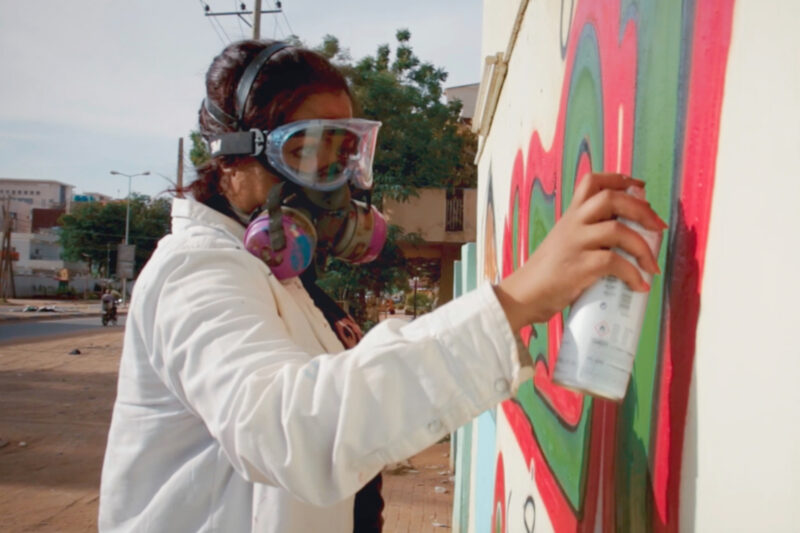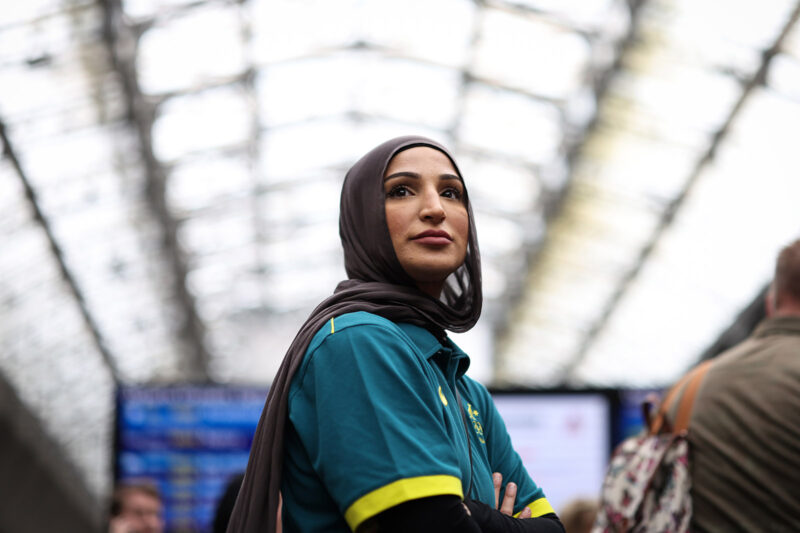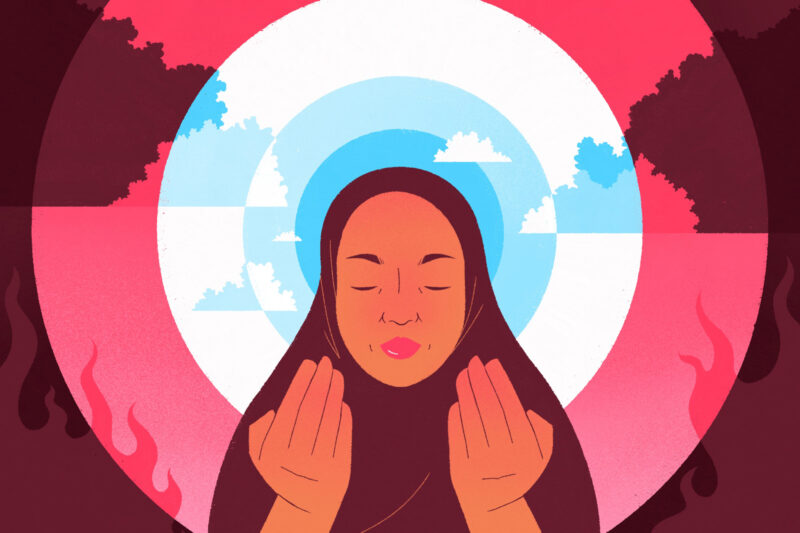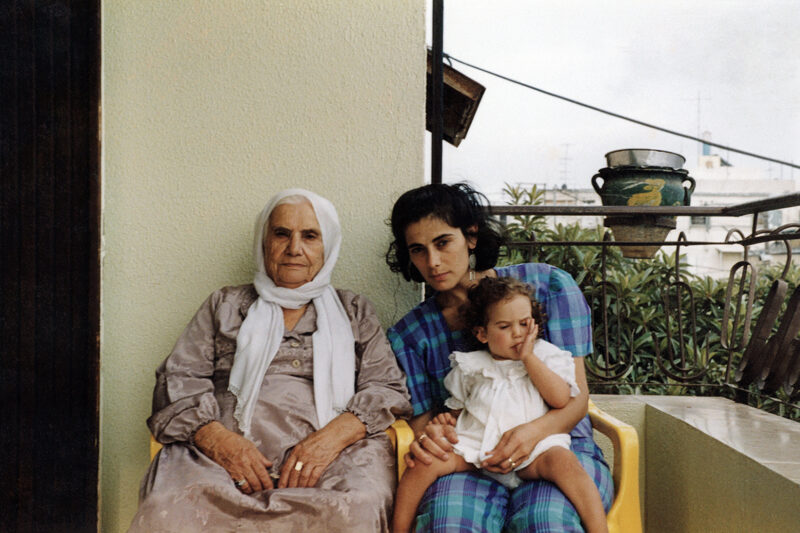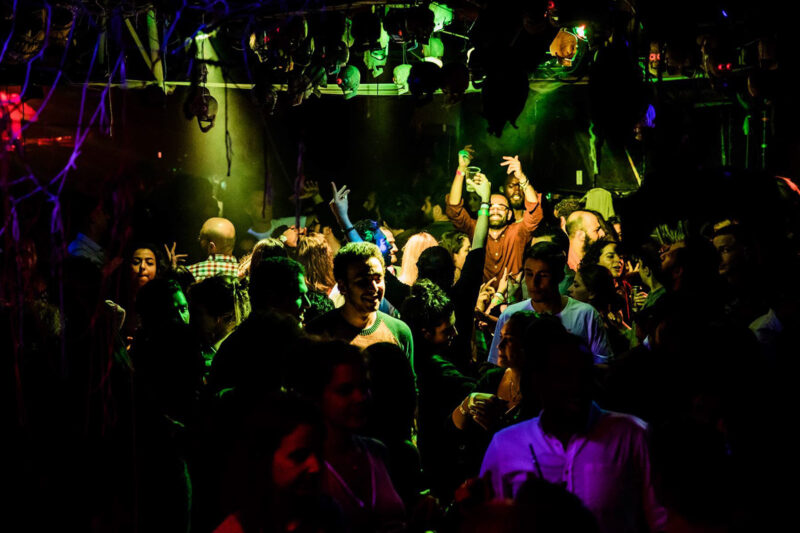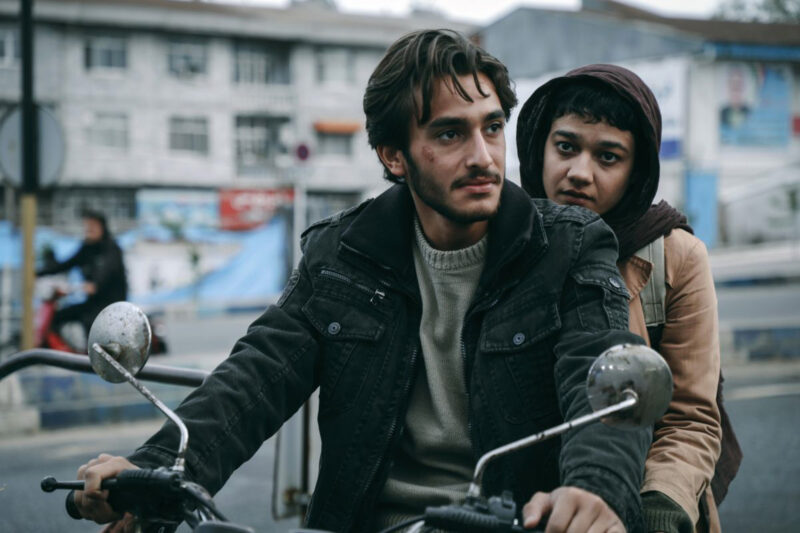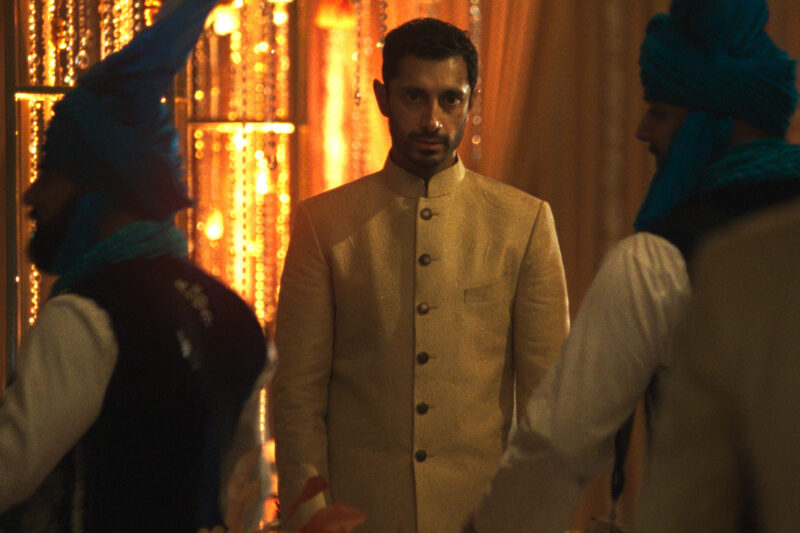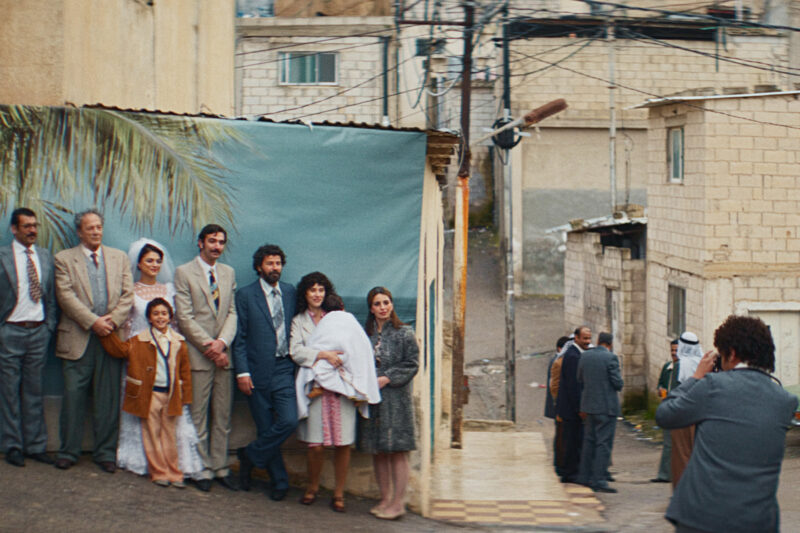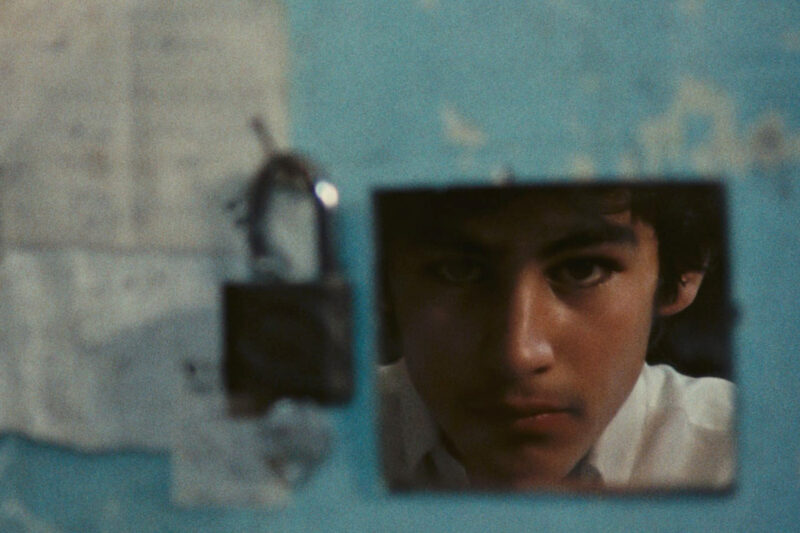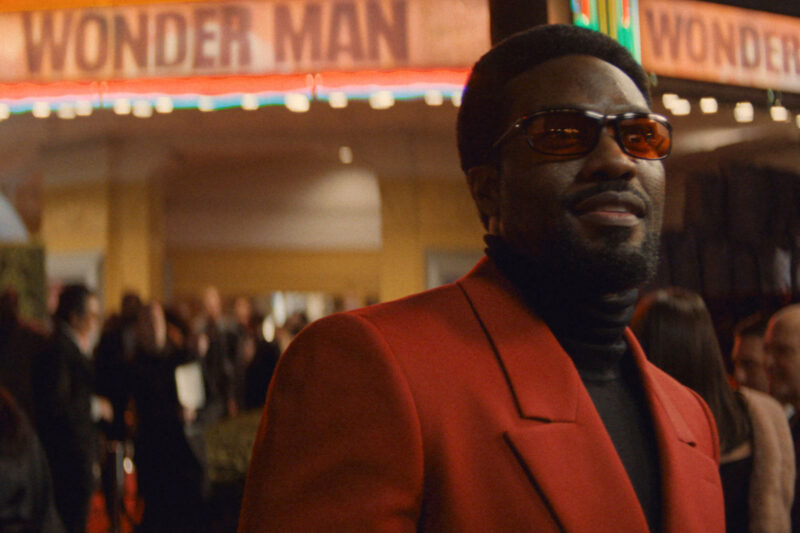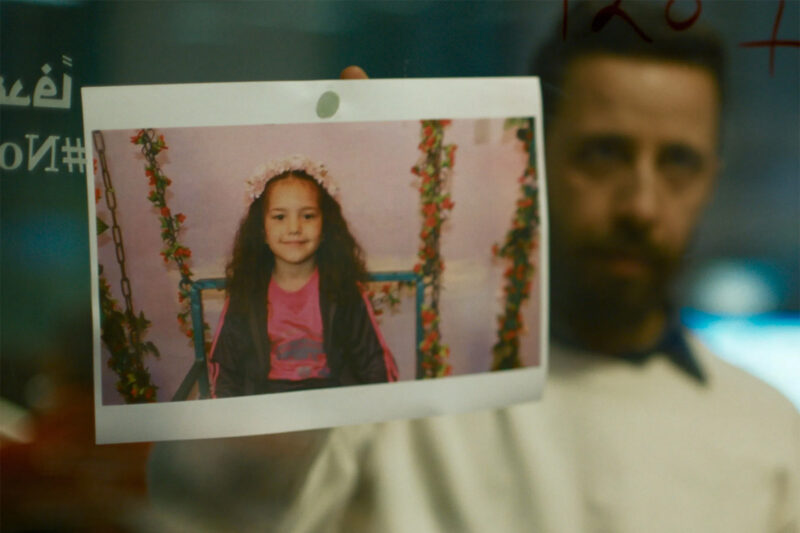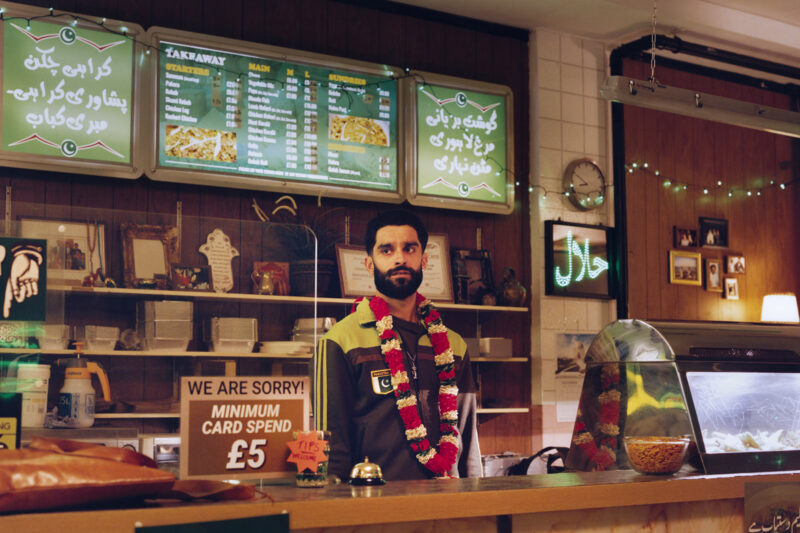Top 5 films from the Middle East and north Africa at Cannes
These films from the Mena region and its diaspora demonstrate the power of storytelling as a form of resistance

The Cannes film festival’s 78th edition closes this weekend with standout films from Joachim Trier, Richard Linklater, Jafar Panahi and others competing for the coveted main competition Palme d’Or.
Once again, this festival was held in the shadow of conflict, after Palestinian photojournalist Fatima Hassouna — the subject of the documentary Put Your Soul on Your Hand and Walk by Iranian director Sepideh Farsi — was killed by an Israeli air strike along with 10 members of her family just a day after the film’s selection for Cannes was announced. The film is an intimate and profoundly moving account of Farsi’s year-long phone conversations with Hassouna in Gaza.
Other selected films from the Middle East and north Africa (Mena) region and diaspora demonstrate the power of storytelling as a form of resistance. From addressing corruption and tyranny in Iran, to a young queer Muslim woman in Paris struggling to navigate between her sexuality and faith, here’s our pick of the top Cannes films.
The President’s Cake
The first film by an Iraqi film-maker to be selected for Cannes premiered in the festival’s side-section the Directors’ Fortnight, featuring emerging film-makers with singular visions from around the world. Hasan Hadi’s debut feature film is a moving portrait of Iraqi society under Saddam Hussein’s regime in the 1990s, a period in which the US bombing campaign and international sanctions led to much of the population struggling to access basic goods and food.
The brilliance of Hadi’s film lies in its original narrative, told through the lens of two schoolchildren, with excellent performances by Baneen Ahmad Nayyef and Sajad Mohamad Qasem, who have to bake a cake for their school to celebrate Saddam’s birthday — a day for nationwide celebrations during his reign. The politics of the film are deeply felt but remain in the background as Hadi, instead, presents a humane portrait of youth in Iraq in the 1990s, inspired by his own experiences.
Once Upon a Time in Gaza
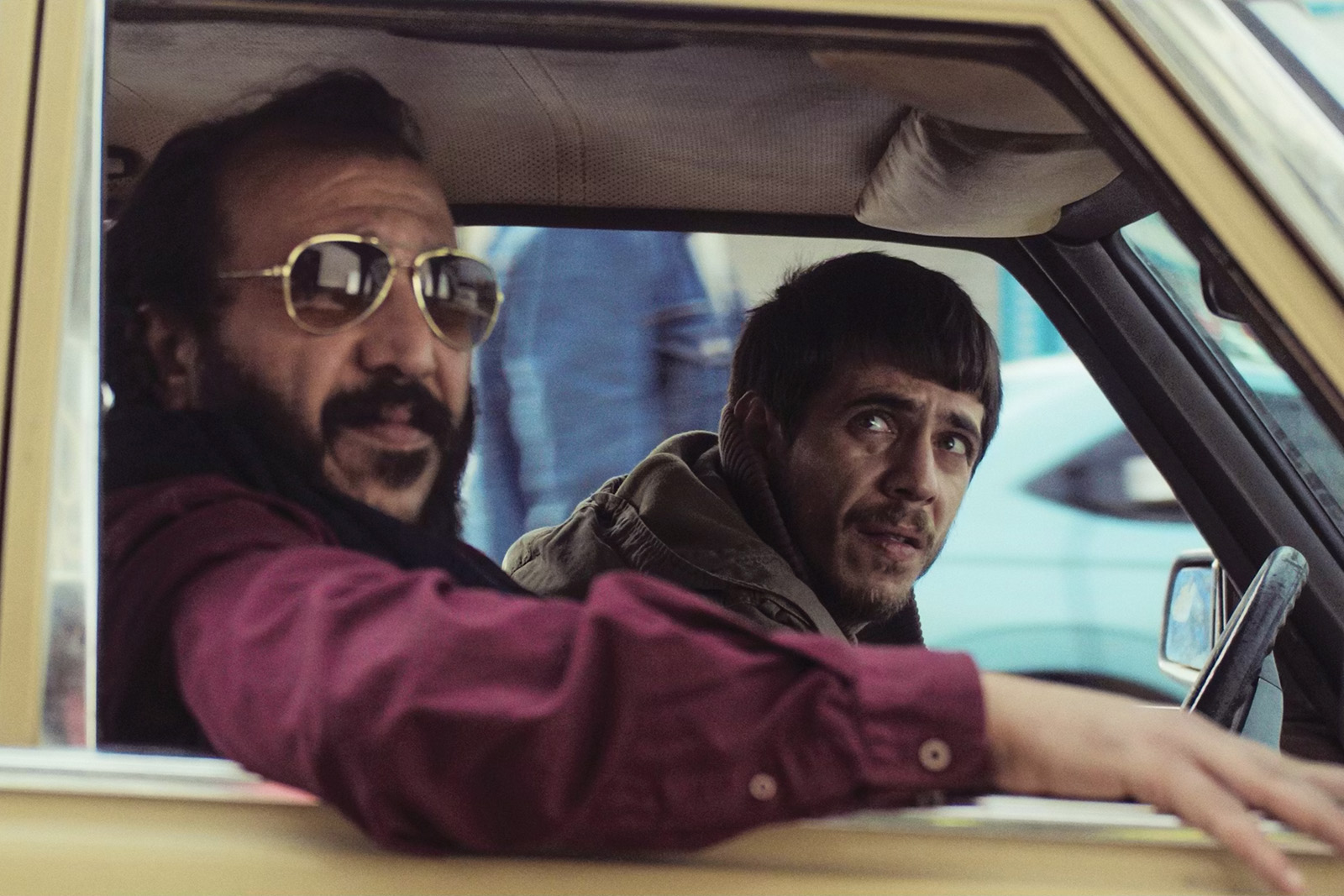
Identical twin directors Tarzan and Arab Nasser were born and raised in Gaza. Following 2015’s Dégradé and 2020’s Gaza Mon Amour, the brothers are back with another feature using their home as their muse.
Once Upon a Time in Gaza is a take on the spaghetti western with obvious references to Sergio Leone’s work. Like The Good, the Bad and the Ugly, it centres on three contrasting characters whose fates intertwine — one is a falafel shop owner and part-time drug dealer, another a reserved student who becomes his accomplice and the third an ambitious but foul policeman out to make a name for himself.
The film was shot in Jordan over the past two years, but the story is set in Gaza in 2007, a critical period that marked the start of Israel’s complete blockade on the movement of people and goods. In the context of the ongoing conflict and violence, Once Upon a Time in Gaza is a powerful example of film and art as a form of strength and defiance.
La Petite Dernière (The Little Sister)
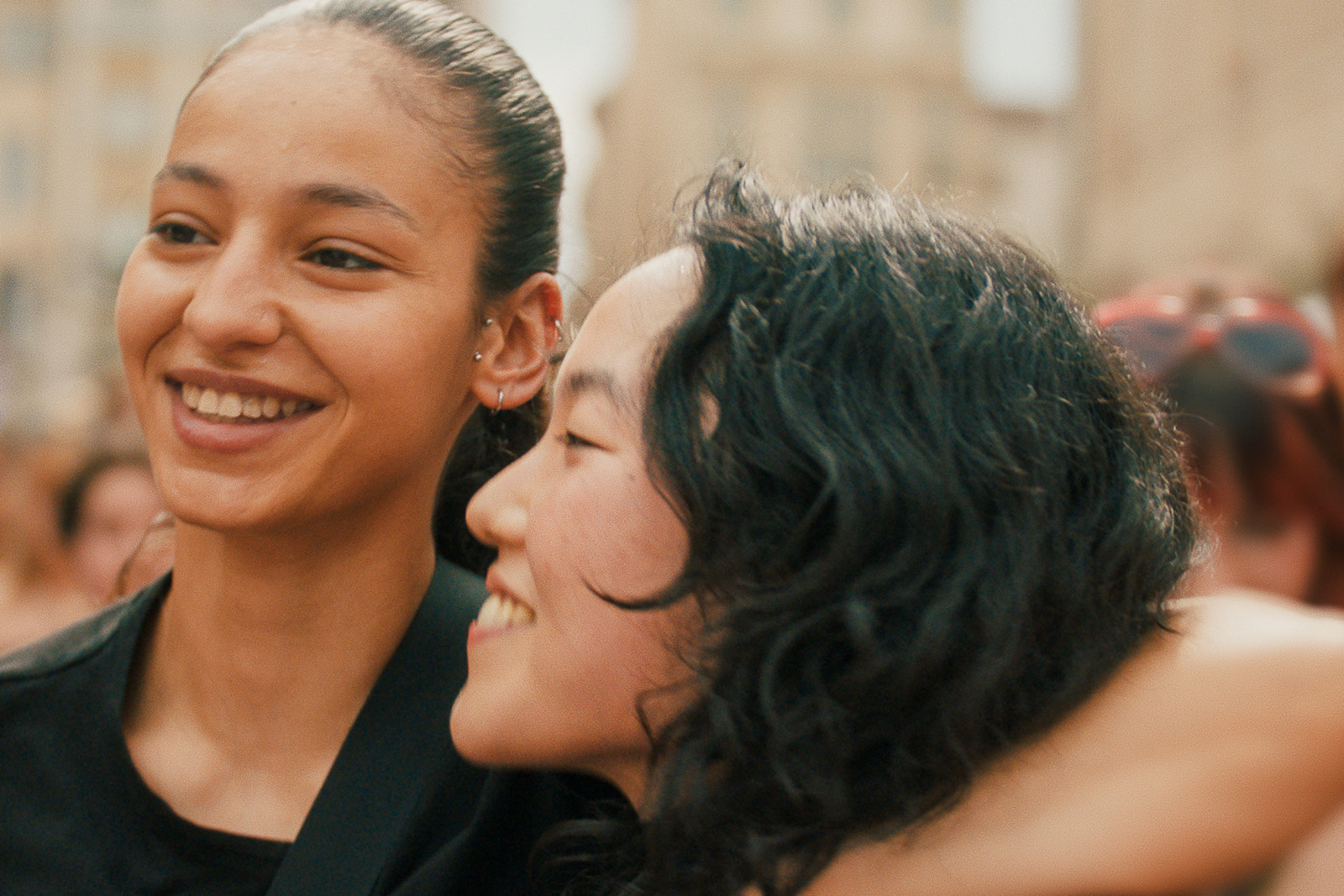
La Petite Dernière is a bold adaptation of Fatima Daas’ acclaimed book, which explores themes of sexuality and faith in the Muslim-majority Paris banlieue of Clichy-sous-Bois. This coming-of-age drama is directed with aplomb by actor/director Hafsia Herzi (Borgo, You Deserve a Lover). She centres the narrative on the tension felt by Fatima, played by Nadia Melliti in a breakthrough role, as she struggles to navigate her queer identity within her upbringing in an Algerian Muslim household.
La Petite Dernière moves through the seasons as we witness Fatima’s growth into adulthood. It is a moving portrayal of a young woman’s exploration of self, but does sometimes struggle to explore Fatima’s character outside the prism of those queer and Muslim labels.
Promised Sky
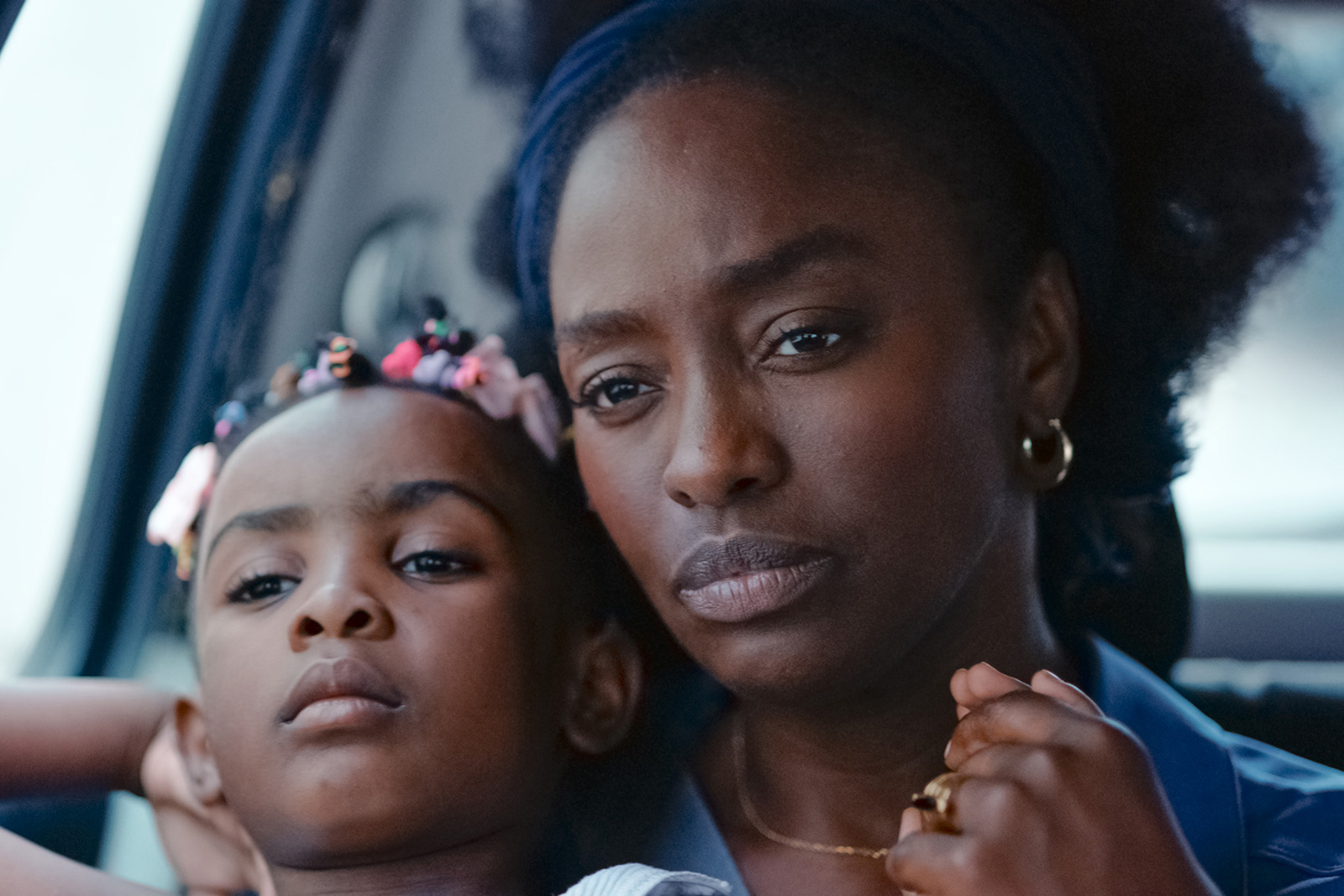
After her poetic portrait of young women and men working the harvest in Tunisia’s countryside in Under the Fig Trees, director Erige Sehiri is back in Cannes three years later for her film Promised Sky (Promis le Ciel).
Still rooted in Tunisian contemporary culture, Promised Sky follows the fate of migrants from the Ivory Coast as they do their best to integrate and adapt to society in Tunis, but find themselves pushed to the margins by discrimination. It is fictional but could easily have been documentary, providing a portrait of the issues facing African migrants who attempt to reach Europe through the Mediterranean Sea.
The film centres on three women — a pastor, an exiled mother and a student, and explores the extent of solidarity in an increasingly volatile context. It offers an intimate depiction of a community on the fringes of society, tackling the often ignored topic of anti-Black racism in Arab and Muslim countries with compassion, with a strong message against the dehumanisation of the other.
A Simple Accident
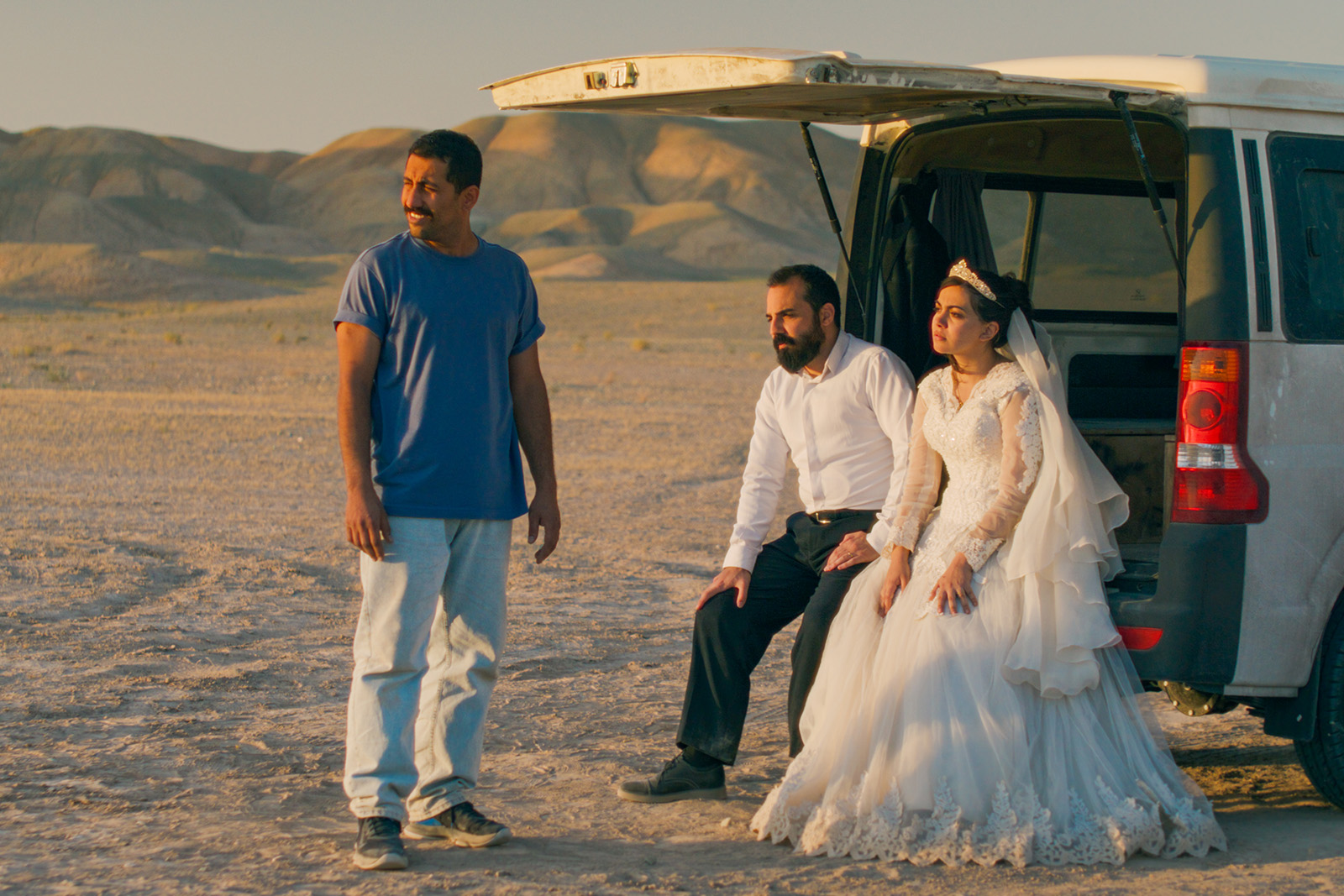
Jafar Panahi is one the most acclaimed directors from Iran, known for films that confront the often absurd and violent system of power in his home country. After starting his career assisting film-maker Abbas Kiarostami, Panahi developed his own voice as a writer-director, winning top international prizes for This Is Not a Film (2011), Taxi Tehran (2015) and No Bears (2022).
Panahi has been arrested several times by Iranian authorities and was imprisoned for a year in 2022. His new film, A Simple Accident, is based on those experiences. In it we see how a car accident leads to a group coming together and realising that they have all been wronged by the authorities in some way.
A Simple Accident has been lauded as one of the best at Cannes this year and is a favourite for the Palme d’Or for its complex characters that expose ethical quandaries with dark humour. We are left asking if one’s suffering at the hands of a regime can ever justify inflicting pain onto others.
 Newsletter
Newsletter


